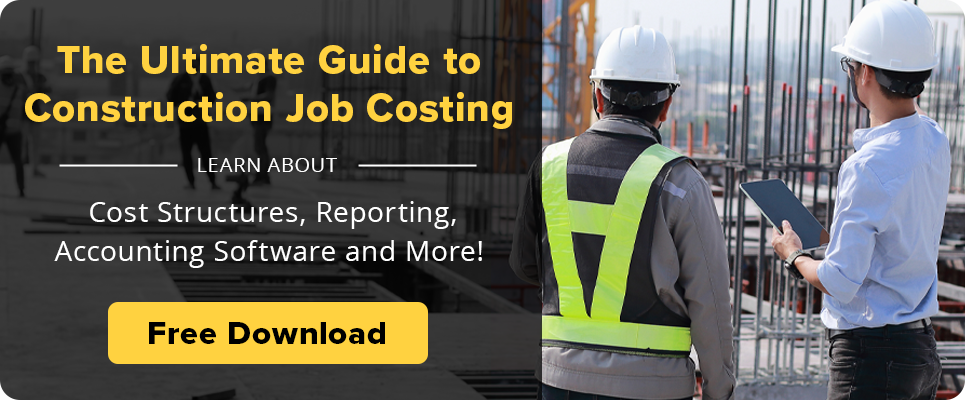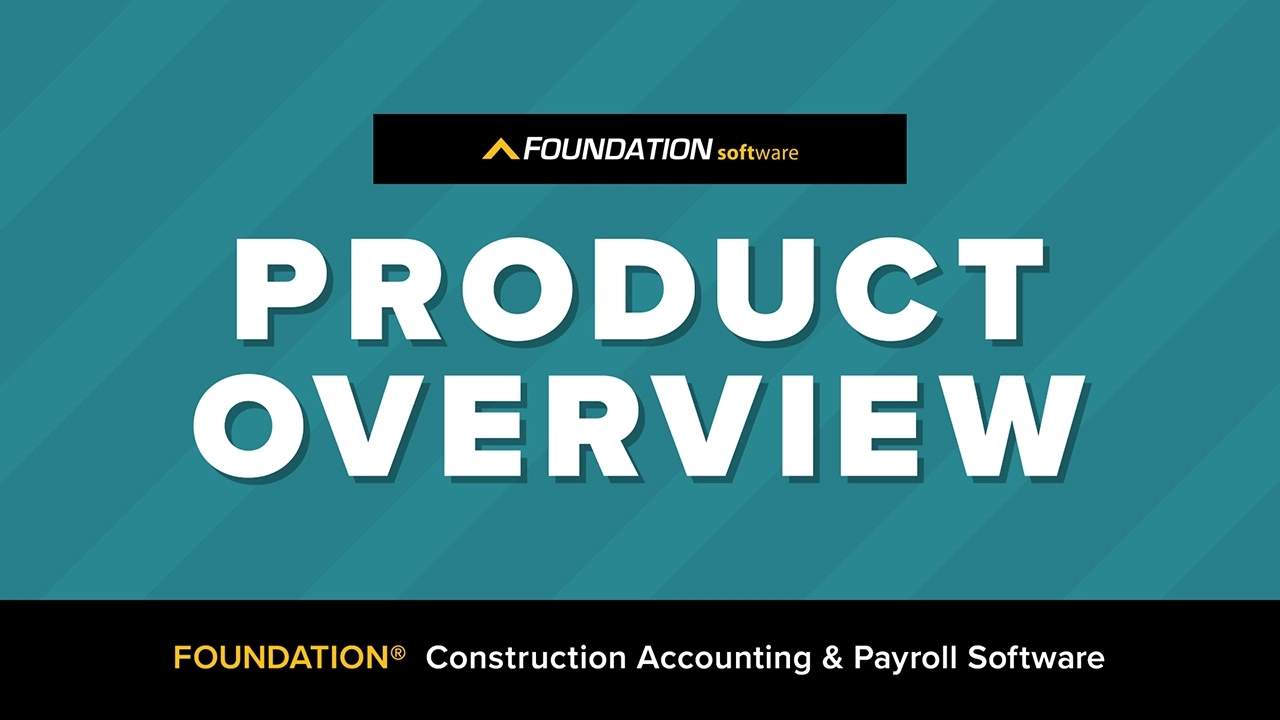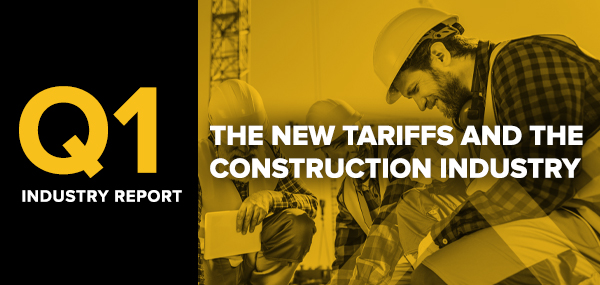
There’s always uncertainty at the beginning of a new year and 2024 is even more unpredictable as we approach a presidential election. The economic environment we’ve traversed and adjusted to over the last term might just be shaken up.
Contractors, whose jobs can include federally funded opportunities, are directly impacted by the political landscape. Decisions made at the federal level influence the types of projects available. For example, the Biden administration put over $220 billion in funding into the Bipartisan Infrastructure Law to fuel infrastructure projects.[1] Although not without controversy, it did create additional jobs in various construction sectors.

With November approaching, contractors are expressing their thoughts of how the upcoming election will impact the construction industry. My interest right now, eight months out from the election, is what concerns they have going into the election and what issues they’re heavily monitoring.
Take A Contractor’s Word For It
Construction Business Owner Magazine surveyed a limited number of contractors in December 2023 to ask their predictions for the construction market in 2024. Unsurprisingly, many of those interviewed referenced the upcoming election in their predictions.[2]
Let’s survey what they had to say:
“The construction market in 2024 should be better due to the fact we have a presidential election, and generally the market is a little better during election years.”
—Allen Sanders, General Manager, SAS Construction Inc.[3]
“Overall national dollar volume remains the same as 2023 with a possible 5% increase. In the second half of the year, private commercial work picks up. Labor shortages grow. Schedules get longer.”
—Bob Richardson, Executive Director, Durotech Construction[4]
“The economy will drop into recession in early 2024. The two biggest issues that will affect the construction industry are labor issues and supply chain issues.”
—Nathan Medcalf, Content Creator & Marketer, Nathan Medcalf Freelance[5]
“As the interest rates continue to remain high, the money flow remains low. These folks who found it easy to get work will struggle and return to established employers for a consistent income.”
—Eric Glasow, President, GCI Services Inc.[6]
Deciphering The Predictions
Between anticipations of high interest rates, labor shortages and recessions, many contractors are predicting some fluctuating conditions for 2024. But we know predictions are just that — predictions.
However, if we zoom in on these conversations, they provide a nuanced understanding of what the dominant issues are for contractors.
One recurring theme is the relationship between the election and market health. Historically, election years have led to heightened economic activity driven, in part, by government spending and infrastructure initiatives aimed at increasing candidate favor.[7]
Contractors like Sanders, whose prediction was the first presented above, highlight this historical trend, as he expressed optimism about a potential uptick in market conditions as political campaigns gather momentum. We will have to watch and see if this trend continues.
Contractors like Medcalf are focusing on broader uncertainties, like a potential recession, higher interest rates and limited consumer spending. Medcalf’s predictions remind us to proceed into 2024 with caution. It will be important to observe how candidates intend to amend these widespread economic concerns.
Labor shortages are also at the forefront of contractors’ minds. As Richardson mentioned, there’s been a decline in available skilled workers. This ongoing challenge of labor constraints and material shortages, which economists claim may continue to strain project timelines and resource allocation,[8] will need to be addressed.
Overall, approaching economic predictions must come with an understanding of all the elements at play: from historical trends and current market status to micro-elements like inflation and shortages. No one thing — like an election — can drive the state of the construction industry. Rather, many elements come together to influence construction market dynamics. While electoral cycles and economic indicators can provide valuable context, the devil lies in the details and surrounding circumstances.
How Should Contractors Prepare For the Year?
Given the varied range of forecasts, contractors should adopt a proactive approach to navigate the uncertainties of the upcoming year. To best plan for the future, consider the following actions:
- Stay Informed about Political Developments: Keep an ear out for policies discussed during political debates to gauge the potential impacts key candidates may have on the construction industry.
- Monitor Economic Trends and Indicators: Keep track of trends like the AIA Billings Index and other economic assessors to help you determine the overall health of the construction sector leading up to the election.
- Diversification and Continuing Education: When contractors diversify their skillsets, it can help to assuage the impact of a fluctuating economy. Being flexible and ready to pivot when opportunities arise is a valuable trait in the construction industry.
- Cost Management: Keep a close watch on your expenditures by creating and maintaining a budget that takes your unique spending needs into consideration. And always, always, know the state of your cash flow.
- Monitoring Trends: It is imperative that contractors monitor the industry as it continues to change in 2024. Keeping additional tabs on government funding and mega-project opportunities will help businesses stay ahead of the curve.
- Stay Current With Tech: As technology evolves, contractors can gain a competitive advantage and create operational efficiencies by staying up to date on and using the latest tech, where appropriate.
By embracing a proactive and adaptive approach, contractors can position themselves to attain opportunities and overcome obstacles amidst the dynamic landscape of the construction industry.

In Parting
The construction industry’s performance is closely tied to the economy, and many contractors worry about the impact that the 2024 election will have. Historically, the market trends upward during election years, but it’s still important that contractors approach the year with caution.
Construction companies must navigate this year with vigilance and keep their attention on market trends. While challenges persist — like labor and supply chain shortages — the industry remains resilient, and the right strategic choices can lead to economic advancement and stability even in the face of an uncertain political future.
[1] https://www.whitehouse.gov/briefing-room/statements-releases/2023/05/12/fact-sheet-biden-harris-administration-kicks-off-infrastructure-week-by-highlighting-tremendous-progress-rebuilding-americas-infrastructure-18-months-in/#:~:text=To%20date%2C%20the%20Administration%20has,states%2C%20D.C.%2C%20and%20territories.
[2] https://www.constructionbusinessowner.com/resources/what-are-your-predictions-construction-market-2024
[3] Ibid.
[4] Ibid.
[5] Ibid.
[6] Ibid.
[7] https://go.gale.com/ps/i.do?id=GALE%7CA476729281&sid=googleScholar&v=2.1&it=r&linkaccess=abs&issn=0007666X&p=AONE&sw=w&userGroupName=jama76847&aty=ip
[8] https://www.abc.org/News-Media/News-Releases/abc-2024-construction-workforce-shortage-tops-half-a-million
Share Article
Keep on current news in the construction industry. Subscribe to free eNews!
Our Top 3 YouTube Videos
Learn about our software more in depth with product overviews, demos, and much more!

Our ACA reporting & e-filing services include official 1094-C and 1095-C IRS reporting, optional e-filing (no applying for a TCC code required), mailing to your employees and experienced support to help you.

There are plenty of reasons to make FOUNDATION your choice for job cost accounting and construction management software — just ask our clients!

From job cost accounting software, to construction-specific payroll. Get an overview on your next all-in-one back-office solution.



